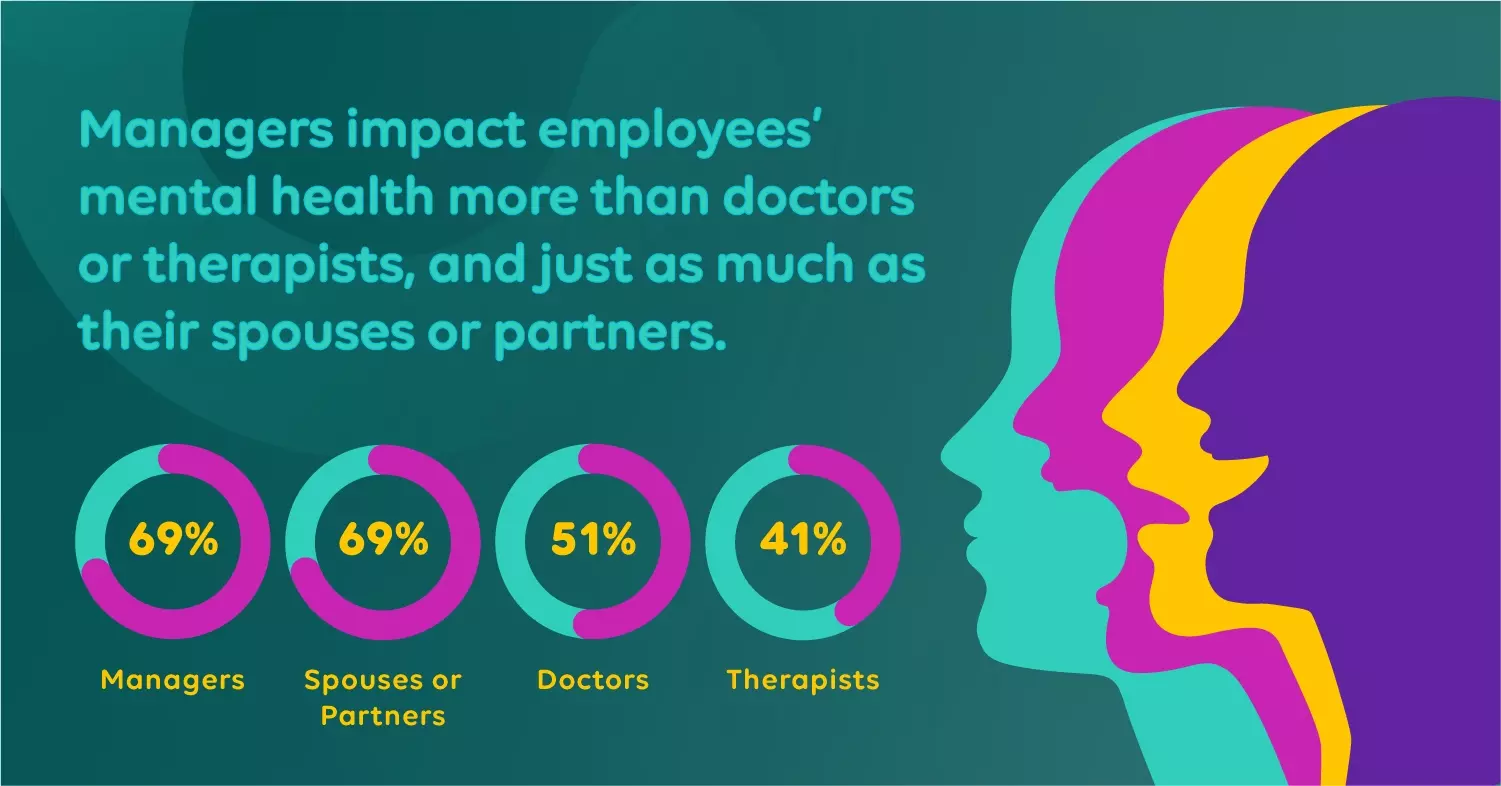Emotion in the workplace is an incredibly powerful force. Recently, The Workforce Institute at UKG released the results of a new study that show managers impact their employees’ mental health more than their doctors and therapists—and the same as their spouse or partner. Previous studies have also highlighted the role of emotion on employee productivity, satisfaction, and overall wellbeing. But while emotion was once a taboo topic in the workplace, understanding the science behind what drives people’s feelings in response to a situation and, ultimately, their actions, is now a field of research that is getting major attention in the business world.

For the past decade, I’ve been examining the role of emotion and measuring its impact on business outcomes—first during my time at Forrester, and now at UKG. What compels people to behave and act the way they do? What underlying emotions influence their decision-making? And how do those decisions lead to better outcomes? It all comes down to their emotional north star—the dominant emotion that triggers their actions.
Whether you are an HR leader looking to empower your people and build a better workplace culture, a business considering an investment in technology, or perhaps you are looking for ways to boost customer loyalty, here are some tips to help uncover your emotional north star to drive better business outcomes:
Three tips to uncover your emotional north star
- Consider what motivates your people. Organizations are constantly looking for ways to engage and motivate employees, as that ultimately results in a positive impact on their bottom lines. When your people are respected and supported, they’re empowered to work smarter, which translates to better business results. But what is it that really drives them? For some, it’s money. For others, it’s flexibility. But for the vast majority of high-functioning workplaces, the answer is trust. According to Great Place To Work®, employees who trust their leaders and feel they have a say in decisions that impact them are nine times more likely to stay at their company for a long time, and 14 times more likely to recommend their workplace to others. Consider how fostering specific emotions such as trust can guide your people and business forward in a positive way.
- Evaluate what motivates your consumers. It may not necessarily be your own people you’re looking to invigorate, but your customer base. How can you motivate them to keep coming back for more? Consider the role of emotional loyalty. As an example, for a retailer, true loyalty transcends the transactional relationship of discounts, points, or rewards programs—it’s about developing relationships deeply rooted in a common love of a product or service that makes customers feel special, recognized, important, and wanting to come back for more. By focusing on ways to increase and maintain that emotional bond, you’ll reap the benefits of a loyal customer base.
- Examine what motivates your customers’ decision-making. Similar to the emotional loyalty of consumers, what would inspire your client base to keep doing business with you? Take, for example, the HR technology space. The need for organizations of all sizes to digitally transform their HR processes has never been greater, as doing so creates efficiencies, improves productivity, and allows employers and employees to focus on more strategic priorities. But technology alone may not be enough to motivate your customers to stick around. Research shows confidence plays a significant role in an organization’s desire to continue their vendor relationship. If a customer is confident in how they can leverage a product or service to be successful in their role, they’re overwhelmingly more likely to renew and also expand the relationship with the vendor.
Employees who trust their leaders and feel they have a say in decisions that impact them are nine times more likely to stay at their company for a long time, and 14 times more likely to recommend their workplace to others.
The takeaway: Understanding emotion in the workplace leads to better business outcomes
Securing and maintaining an emotional bond with your employees, consumers, customers, and others is critical to their success—and yours. Pulse surveys are an incredibly effective way to consistently measure their sentiment and get insight into what is and isn’t working. These surveys also allow you to take action to improve outcomes and relationships.
By taking the time to ask questions and understand the motivations of others, you’ll be better positioned to discover your emotional north star, which will undoubtedly lead to more optimal business outcomes.



